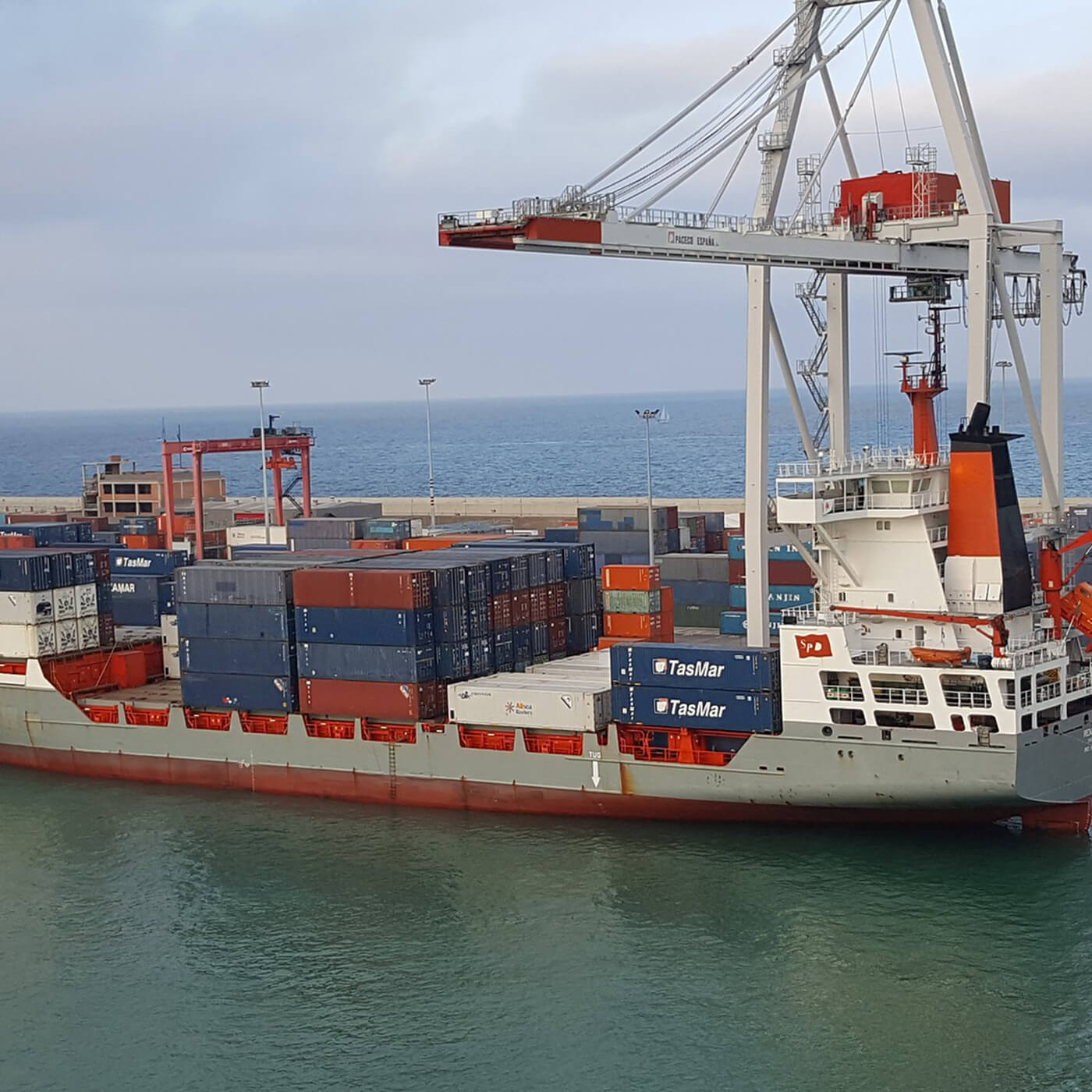TWS Webinars is a knowledge platform full of insights on important topics of the day. Explore a wide range of subjects – from how to use behavioural economics to learning the secrets to success in any negotiation. We invite you to register to view our past webinars or join our upcoming live sessions.
THE TOP 3 NEGOTIATION MISTAKES AND HOW TO ADDRESS THEM
WAS HELD ON: January 28, 2021 3:00 pm CET
WAS HELD ON: January 28, 2021 3:00 pm CET

Can you tell me why I'm not achieving outstanding negotiation results on a regular basis even though I'm following most of the steps you're teaching me? Is there anything I'm missing?
Doing only what is right does not always guarantee the desired results. It's equally important to not do what is wrong. You can score as many goals as you want but if you concede more than you score then obviously you will lose the game.
In our webinar, we will focus on the three main negotiation mistakes most people make, and show you how to avoid these mistakes and the best way to fix them. You will get a crash course in becoming a better negotiator by understanding why most people are leaving money on the table and how you can do much better in your next negotiation.
Register for the recordingWHY THERE IS NO BLUEPRINT FOR A RESILIENT SUPPLY CHAIN
WAS HELD ON: December 8, 2020 3:00 pm CET
WAS HELD ON: December 8, 2020 3:00 pm CET

Trade wars, Brexit and unexpected events like Covid-19 draw companies’ attention to the resilience of their supply chains. A supply network might have evolved over time with new elements added or changes made without too much thought about how they would affect a company’s risk exposure. We will explain why there is no simple solution to the problem. It is a complex optimisation issue as all measures like dual-sourcing, warehousing or outsourcing have both benefits and risks, not to mention the need to ensure social and environmental standards. We will share our thoughts and some good practices and will show how to systematically address the problem.
Register for the recordingWHY RISK MANAGEMENT IN SUPPLY CHAINS IS MORE THAN STOCKPILING AND MULTI-SOURCING STRATEGIES
WAS HELD ON: November 3, 2020 1:47 pm CET
WAS HELD ON: November 3, 2020 1:47 pm CET

How to improve supply chain resilience with the help of economists
Supply chain disruptions usually awaken companies to the problems they have within their supply network. For example, the 2011 Tohoku earthquake and tsunami led to the Fukushima disaster and shortages in the global electronics business. Now Covid-19 affects the supply chain of virtually every product and every business. We will explain why looking at supply chain resilience through the eyes of economists can offer new insights, increasing the awareness for potential risks and setting optimal incentives for risk management. Most importantly though, we will share how to prioritise the risks and focus on tacking those that make the most economic sense and thus improve supply chain resilience.
Register for the recordingWHAT BUSINESSES CAN LEARN FROM NOBEL PRIZE WINNERS
WAS HELD ON: October 20, 2020 1:22 pm CET
WAS HELD ON: October 20, 2020 1:22 pm CET

On Monday, 12 October 2020, Paul Milgrom and Robert Wilson were awarded the 2020 Nobel Prize in Economic Sciences for improvements to auction theory and the development of new auction formats.
In our webinar special, we highlight the relevance of Milgrom and Wilson's research for businesses, and why their work is considered ground-breaking.
Register for the recordingNEGOTIATION OF NON-PRICE ELEMENTS
WAS HELD ON: October 15, 2020 1:36 pm CET
WAS HELD ON: October 15, 2020 1:36 pm CET

In procurement activities, numerous non-commercial factors typically play a role in the sourcing decision. However, most organisations don’t have the means nor the resources needed to finalise all relevant negotiations before or latest at the time of supplier nomination.
The typical approach is therefore to divide the problem into two main streams: while the vast majority of technical and commercial aspects have been agreed on at the point of supplier nomination, many non-commercial factors, such as contract negotiations, are covered afterwards. This leaves open ends and therefore opportunities for the selected supplier to leverage their position in required post-nomination negotiations.
The webinar will introduce game-theoretically optimised tenders and show that this award-winning approach allows to incorporate all non-commercial aspects into the supplier selection process. This does not only allow for the negotiation of all elements before supplier nomination, but also increases the buyer’s bargaining power. Examples from TWS procurements projects are used to demonstrate that this approach can deliver quicker and better results than conventional approaches.
Register for the recording